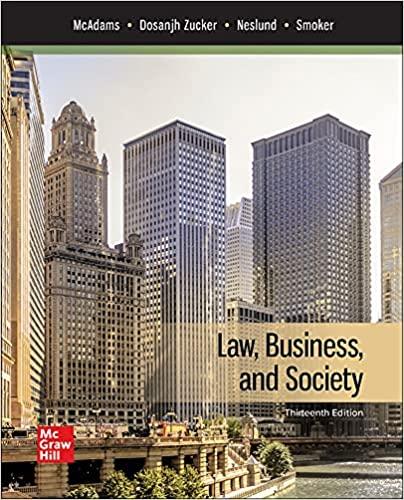In 2019, the SEC held Nissan liable for disclosures about compensation [that] were false [and that] misled
Question:
In 2019, the SEC held Nissan liable for “disclosures about compensation [that] were false [and that] misled investors.” The company had concealed $140 million of the CEO’s retirement benefits. The SEC imposed a $15 million fine on the company and a $1 million penalty on the CEO. Shareholder lawsuits are pending in the U.S., and both the company and the CEO are facing criminal charges in Japan. After the ouster of the CEO and several directors, Nissan undertook an independent investigation. It found that:
1) The CEO held too much power over the board.
2) The board failed to carry out its oversight responsibilities.
3) Corporate governance mechanisms in general lacked effectiveness.
A new board structure was put in place, increasing the number of independent directors and adopting international best practices in areas ranging from executive compensation to the director nomination process.
Questions
1. Comment on the appropriateness of executive compensation in publicly held companies.
2. What alternatives exist for compensating executives? Identify at least three possibilities. Which one would you favor? Why?
Step by Step Answer:

Law Business And Society
ISBN: 9781260247794
13th Edition
Authors: Tony McAdams, Kiren Dosanjh Zucker, Kristofer Neslund, Kari Smoker





